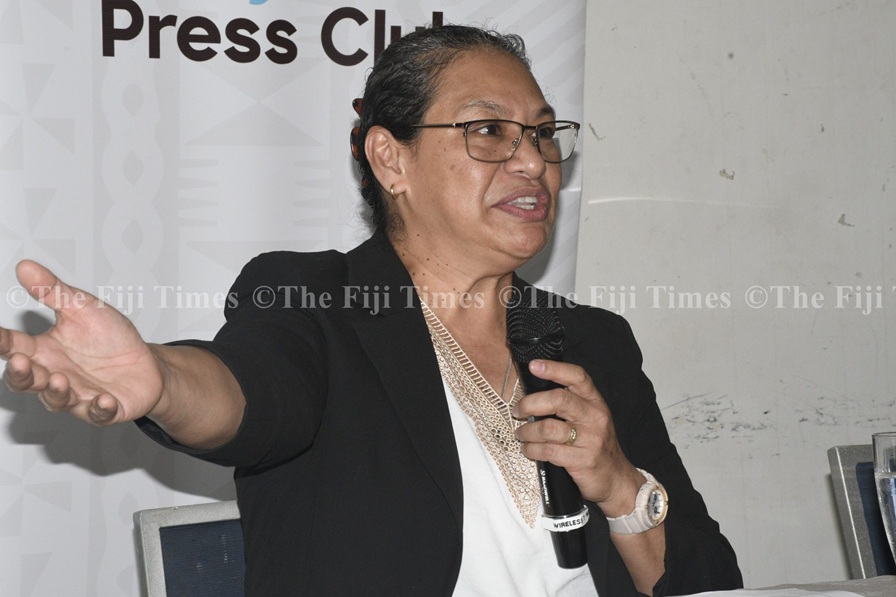Fiji’s medicine shortage crisis, which plagued the country from mid-2023 to early this year, has significantly improved.
Ministry of Health chief medical officer Dr Luisa Cikamatana said this during the signing of a new memorandum of understanding (MOU) between Fiji and India, aimed at strengthening cooperation in the health sector, particularly in the supply of medicines and medical devices.
Dr Cikamatana said the MOU formalised Fiji’s recognition of the Indian Pharmacopoeia Commission’s standards for medicines and devices manufactured in India.
This is expected to streamline procurement and ensure the quality and safety of imported health products.
“This MOU allows us to work directly with manufacturers in India through their pharmacopoeia commission,” she said.
“It helps us tap into a regulated pool of products and verify their quality, ensuring they meet Fiji’s medical standards.”
Fiji had been facing persistent medicine shortages over a number of years, with essential drugs such as antibiotics, paracetamol, and elixirs in limited supply.
Health permanent secretary Dr Jemesa Tudravu previously attributed the shortages to global supply chain disruptions, noting that Fiji imports all of its medical supplies.
Dr Cikamatana acknowledged that while occasional shortages may still occur, the new partnership with India provided a valuable “Plan B” to improve reliability in supply.
“We try and work with our suppliers and also look at alternative sources within or outside the country.
“With this new agreement, we hope to stabilise availability even further.”
She said all imported medicines and devices must still be approved by the Fiji Medicines Regulatory Authority to ensure safety for local use.



